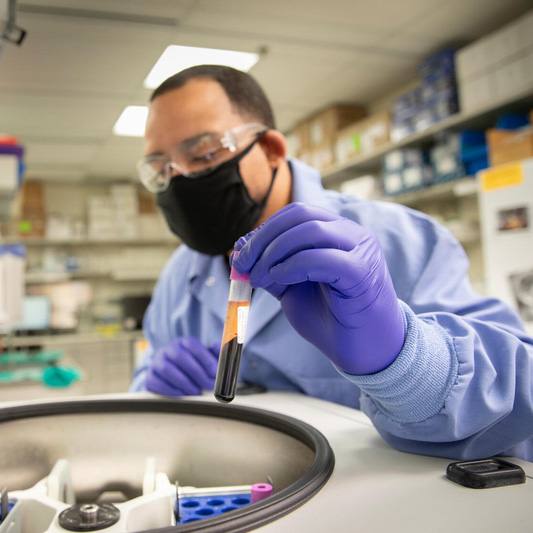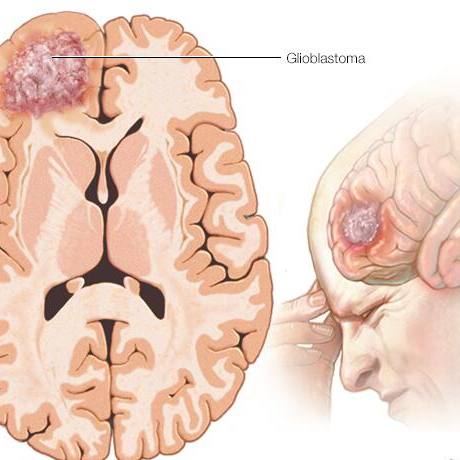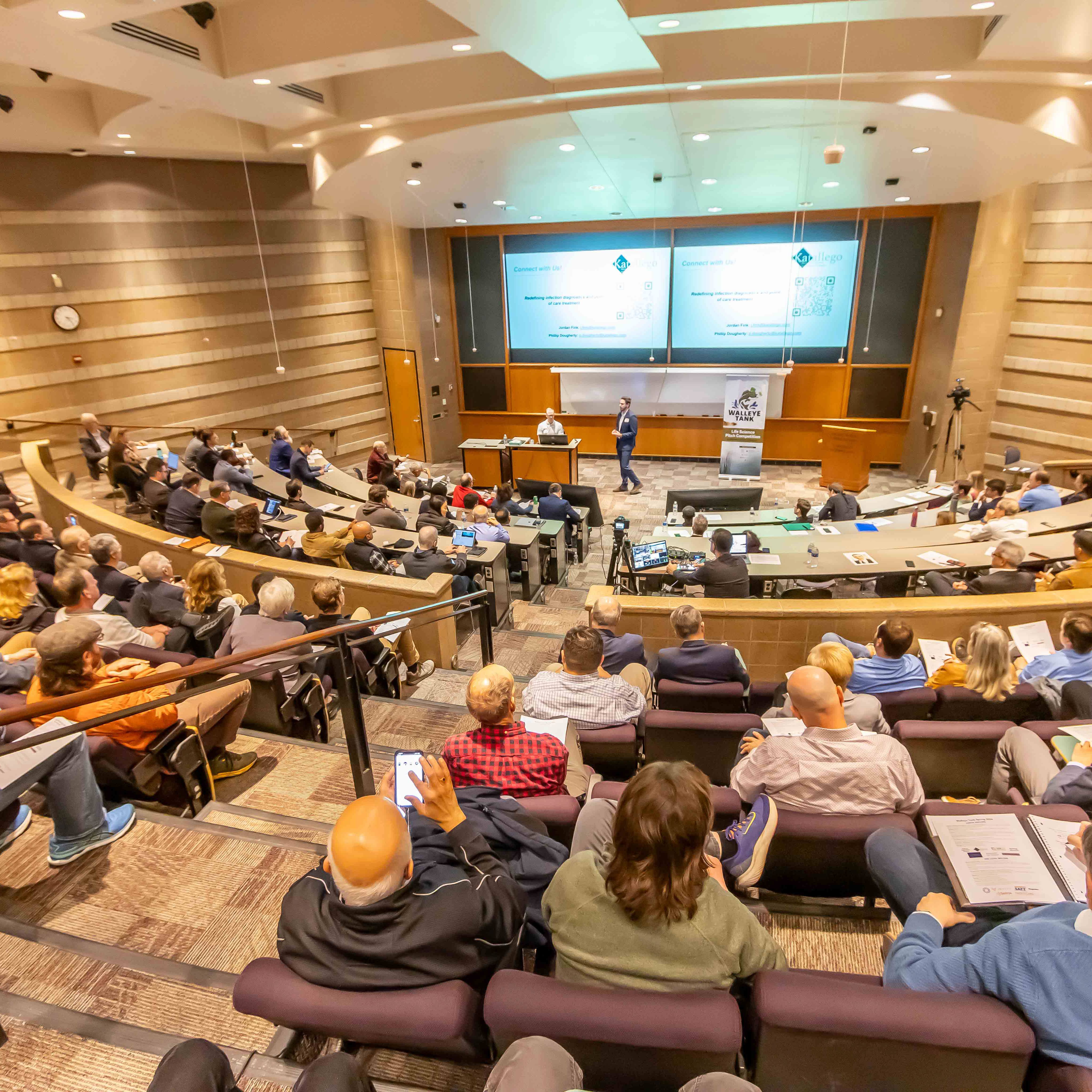-
Research
‘Gut touch?’ Mayo Clinic researchers discover important trigger for serotonin release
 Researchers at Mayo Clinic have discovered an important mechanical trigger in the gut for releasing serotonin in the body. Serotonin is an important hormone and neurotransmitter in the human body, believed to help regulate digestion, appetite, mood, social behavior, sleep and other important functions. The researchers’ findings were published this week in the Proceedings of the National Academies of Science.
Researchers at Mayo Clinic have discovered an important mechanical trigger in the gut for releasing serotonin in the body. Serotonin is an important hormone and neurotransmitter in the human body, believed to help regulate digestion, appetite, mood, social behavior, sleep and other important functions. The researchers’ findings were published this week in the Proceedings of the National Academies of Science.
“In the gut, a special epithelial cell, called enterochromaffin, produces nearly all of the serotonin in our body,” explains Arthur Beyder, M.D., Ph.D., a gastroenterologist and biomedical engineer at Mayo Clinic. Dr. Beyder says a 60-year-old landmark study showed that mechanical forces in the gut, such as those present during digestion, serve as a trigger for serotonin release. However, the exact mechanism for how that release took place was unclear. “Because serotonin released by the enterochromaffin cells has many important functions in the body, we wanted to better understand how these cells work.”
In their research, Dr. Beyder and his colleagues discovered that a mechanosensor, called Piezo2, was specific to enterochromaffin cells. A mechanosensor is a molecule that responds to changes in mechanical force and leads to a physiologic response. “We found that a mechanosensitive ion channel called Piezo2 is in an important mechanosensor necessary for mechanical release of serotonin from the enterochromaffin cell,” says Dr. Beyder.
“We know that serotonin produced by the enterochromaffin cell is important for many local functions in the gut and the body and that serotonin signaling is disrupted in many human diseases, so we want to understand how the enterochromaffin cell works, and how it may be broken in human diseases,” says Dr. Beyder. “This knowledge could one day lead to completely novel approaches to diagnose and treat human diseases.”
For example, “serotonin release is disrupted in irritable bowel syndrome (IBS), so many drugs effective in IBS treatment target serotonin receptors. Unfortunately, since serotonin receptors are widespread in the human body, these drugs frequently cause significant side effects,” says Dr. Beyder, “so targeting serotonin release more precisely may lead to new treatments for IBS.”
Dr. Beyder and his colleagues were amazed to find that enterochromaffin cells have a specific mechanical trigger that is not present in the cells around them. They were also surprised to find how effective the blockade or elimination of this trigger is for serotonin release and for gut fluid secretion.
“Interestingly, the same mechanosensors used by enterochromaffin cells are also used by touch sensors in the skin, which like enterochromaffin cells, rely on serotonin for signaling,” says Dr. Beyder. “This makes us wonder whether there is such a thing as ‘gut touch’ and if so, what functions would ‘gut touch’ have?”
###







